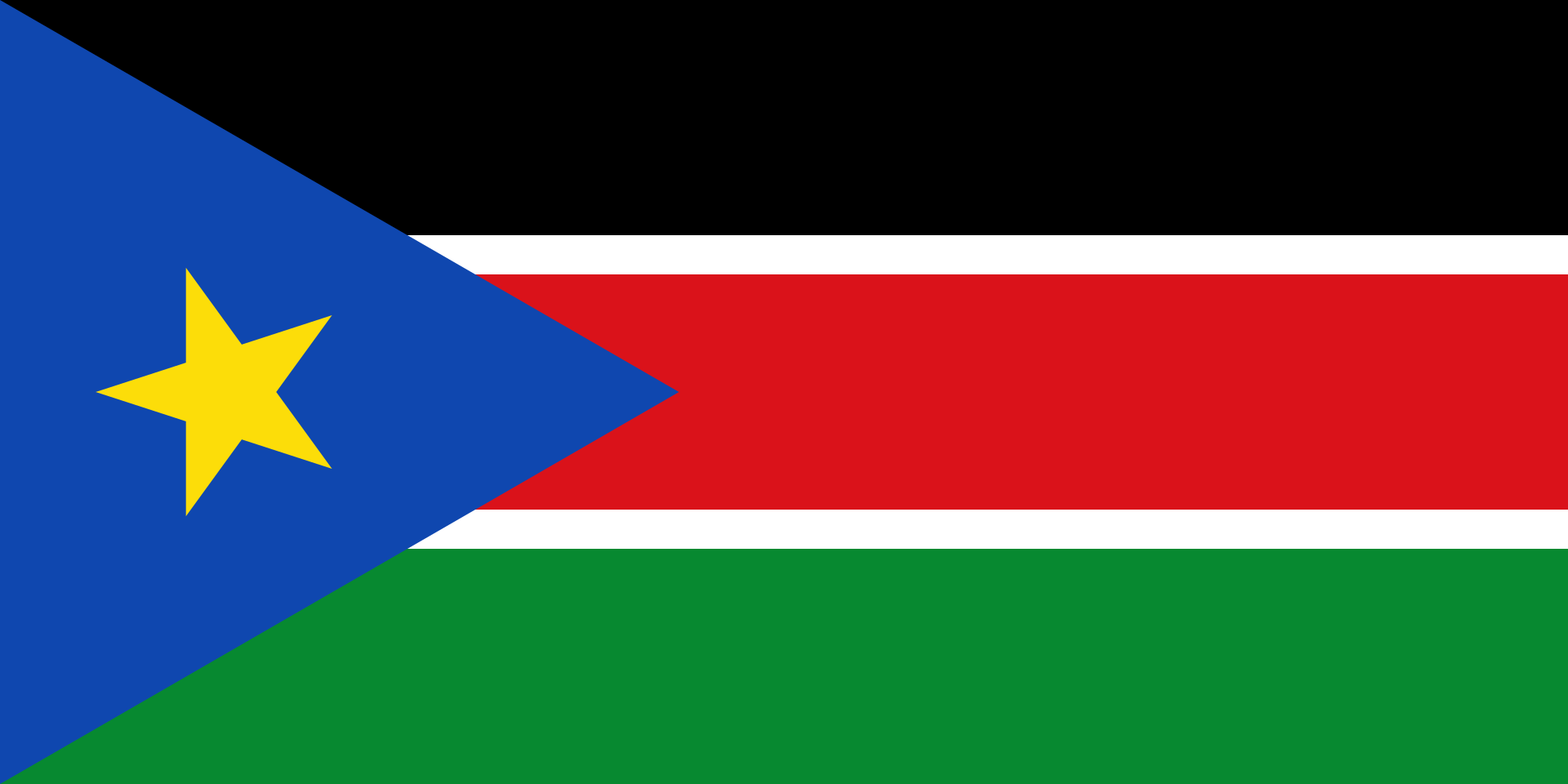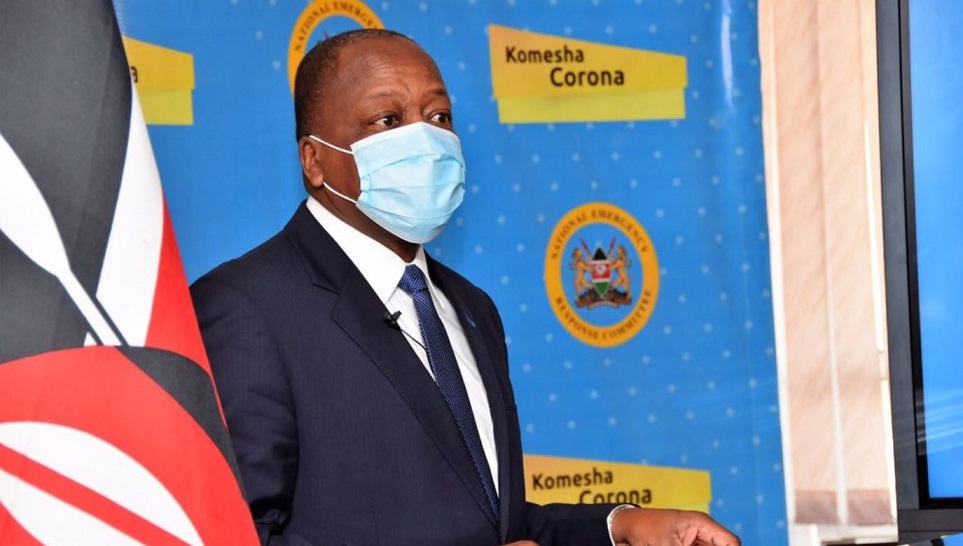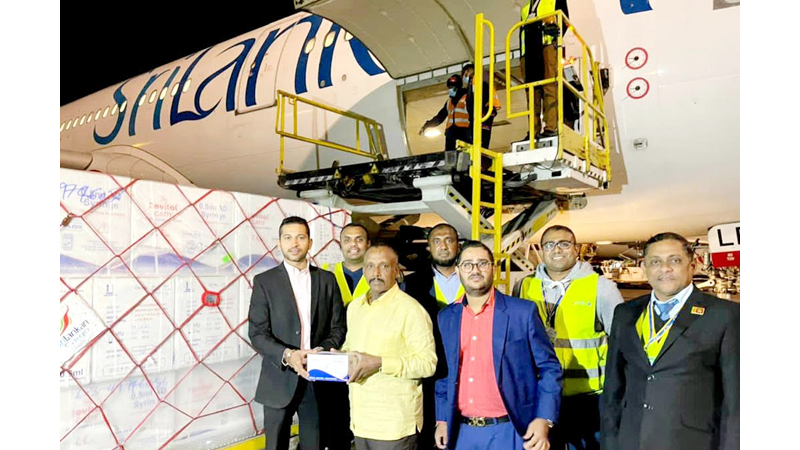JUBA, Aug. 26 (Xinhua) -- Chinese medical doctors' presence in South Sudan over the past years has helped transform medical treatment, inspiring local doctors to interact with and learn a lot from them.
Pagan James, a 33-year-old medical intern studying for his master's degree in gynecology and obstetrics at the University of Juba, is grateful for having got in contact, particularly with the eighth batch of the Chinese medical team whom he hails for their versatility and professionalism.
"All the Chinese medical teams I have interacted with over the years are dedicated professional doctors. For me as a practicing gynecologist I have learnt a lot from them in the field, especially in wound care," he told Xinhua in Juba, capital of South Sudan, Thursday.
"In our assessment and clinical trials with them we found out that they are very good in wound care," said James. "I am still practicing on how they do wound care and 90 percent of the cases I have managed have been healed."
James said he and his colleagues doing internship under supervision of the Chinese doctors have learnt a lot in the medical field.
"I do post-follow up on the patients (women) that they operate on and some of these women have gone on to conceive. Our teams of practicing gynecologists always call the Chinese doctors to handle emergency cases," he said while referring to the hotline calls in the night. "They came and resuscitated a patient and she is still alive now, and still thanking us for what we did for her."
The first-ever CT scan introduced by the Chinese medical team has done wonders in improving treatment at the Juba Teaching Hospital, according to James.
Maker Isaac, director of Juba Teaching Hospital, said he is pleased to participate in the ongoing medical Chinese language course which not only helps him learn the Chinese language and culture but also improves existing relations between the two countries in the health sector.
Wu Huaiguo, a neurologist and the team leader of the Chinese medical team, said they have been handling various diseases and treating people with critical ailments since August last year, when the team arrived from Anhui province.
Wu, who recommends use of traditional Chinese medicine (TCM) in South Sudan, said they have treated several South Sudanese patients with complicated illness using TCM.
"The cooperation between the South Sudanese and Chinese doctors is very cordial and represents a bright future for the two countries," said Wu, noting his team, including South Sudanese doctors, has earned respect from the patients they have treated over time. "The most remarkable thing I have witnessed during my stay in South Sudan is the respect given to doctors by patients."
The team leader disclosed that malaria disease remains the biggest problem in South Sudan as they have treated many patients with malaria.
"The only kind of disease we had seen in China is malaria but now we have eliminated malaria successfully. China is malaria-free now but here we have cured a lot of patients with malaria," said Wu.
Wang Lili, a 38-year-old gynecologist and obstetrician who supervises James, said her experience in China where she encountered cases of infertility among women has helped her share knowledge with her South Sudanese counterparts.
"Most of the infertility cases due to cervical cancer among women here we have encountered in China. We have met some patients here with cervical cancer in terminal stage and we have no solutions for them," said Wang.
Wang was on the team of Chinese women doctors who successfully operated on Lydia Ikisa, a South Sudanese woman who had suffered three miscarriages.
Ikisa was finally able to give birth to her seventh-born child this year after several years of nightmare. - Xinhua








